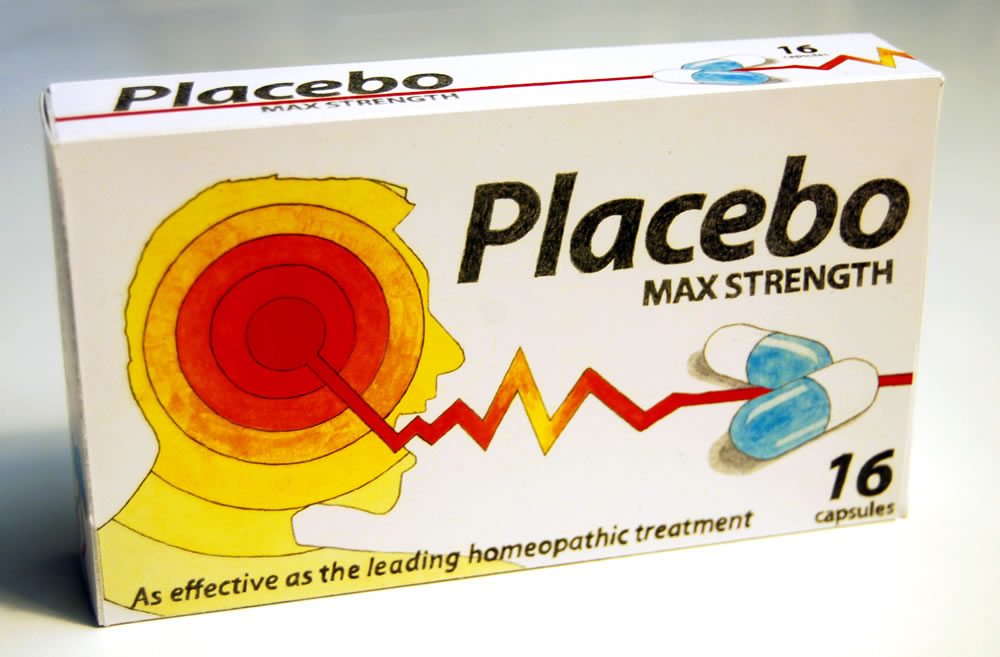Results for: abstract
The benefits and risks of folic acid supplementation
Could a vitamin with proven benefits in one group cause harm to another? That’s the growing concern with folic acid, the vitamin that dramatically reduces the risk of neural tube birth defects such a spina bifida. Studies designed to explore the possible benefits of folic acid for heart disease, stroke and cancer are giving out some worrying signs: At best, folic acid...
Acupuncture Revisited
Believers in acupuncture claim it is supported by plenty of published scientific evidence. Critics disagree. Thousands of acupuncture studies have been done over the last several decades, with conflicting results. Even systematic reviews have disagreed with each other. The time had come to re-visit the entire body of acupuncture research and try to make sense out of it all. The indefatigable CAM...
CAM and Evidenced-Based Medicine
Mark Tonelli, MD has problems with evidence-based medicine (EBM). He has published a few articles detailing his issues, and he makes some legitimate points. We at science-based medicine (SBM) have a few issues with the execution of EBM as well, so I am sympathetic to constructive criticism. In an article titled: Integrating evidence into clinical practice: an alternative to evidence-based approaches. The...

Ann Coulter says: Radiation is good for you!
In her eagerness to convince everyone that radiation leakage from the Fukushima reactor damaged by the recent tsunami poses no threat, Ann Coulter turns the concept of hormesis on its head and tries to argue that a little extra ionizing radiation is good for you. Ann Coulter being Ann Coulter, she has no clue what she is talking about, but can spin...
Help – My Doctor is a Crank!
I often receive e-mail from SBM readers (or SGU listeners) who have had the experience of their doctor, nurse, dentist, physical therapist, or other health care provider recommending to them a treatment option that seems dubious, if not outright pseudoscientific. They want advice on what to do. There are common themes to the e-mails – the writer often feels very uncomfortable in...
Of SBM and EBM Redux. Part IV, Continued: More Cochrane and a little Bayes
OK, I admit that I pulled a fast one. I never finished the last post as promised, so here it is. Cochrane Continued In the last post I alluded to the 2006 Cochrane Laetrile review, the conclusion of which was: This systematic review has clearly identified the need for randomised or controlled clinical trials assessing the effectiveness of Laetrile or amygdalin for...

Placebo Effect for Pain
It has long been recognized that there are substantial multifactorial placebo effects that create real and illusory improvements in response to even an inactive treatment. There is a tendency, however (especially in popular discussion), to oversimplify placebo effects – to treat them as one mind-over-matter effect for all outcomes. Meanwhile researchers are elucidating the many mechanisms that go into measured placebo effects,...
Skepticism versus nihilism about cancer and science-based medicine
Last Friday, Mark Crislip posted an excellent deconstruction of a very disappointing article that appeared in the most recent issue of Skeptical Inquirer, the flagship publication of the Committee for Skeptical Inquiry (CSI). I say “disappointing,” because I was disappointed to see SI (Skeptical Inquirer, not Sports Illustrated) publish such a biased, poorly thought out article, apparently for the sake of controversy....
Deadly Indeed
There are sources of information I inclined to accept with minimal questioning. I do not have time to examine everything in excruciating detail, and like most people, use intellectual short cuts to get through the day. If it comes from Clinical Infectious Diseases or the NEJM, I am inclined to accept the conclusions without a great deal of analysis, especially for non-infectious...

Naturopathy and science
Naturopathy has been a recurrent topic on this blog. The reasons should be obvious. Although homeopathy is the one woo to rule them all in the U.K. and much of Europe, here in the U.S. homeopathy is not nearly as big a deal. Arguably, some flavor of naturopathy is the second most prevalent “alternative medical system” here, after chiropractic of course, and...

